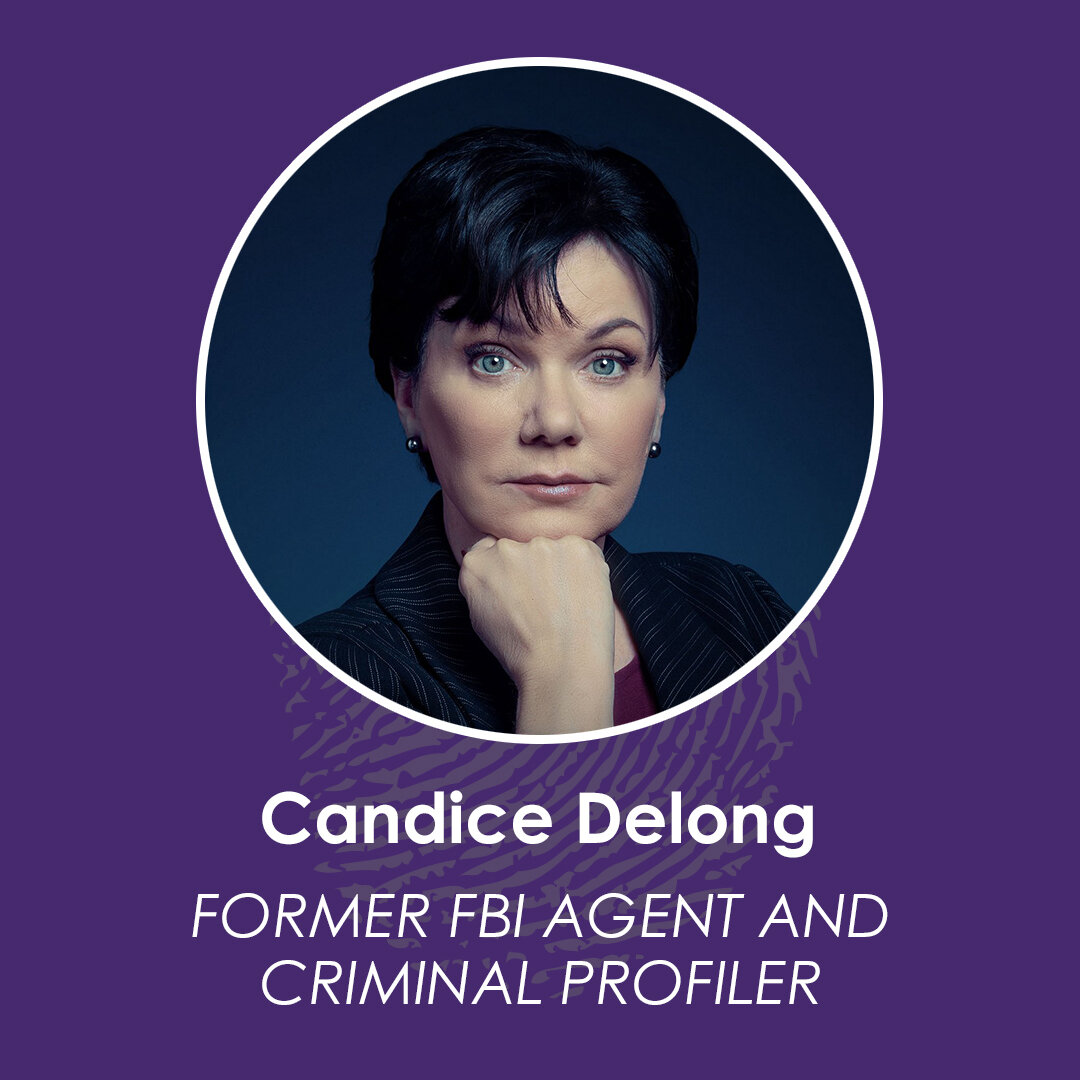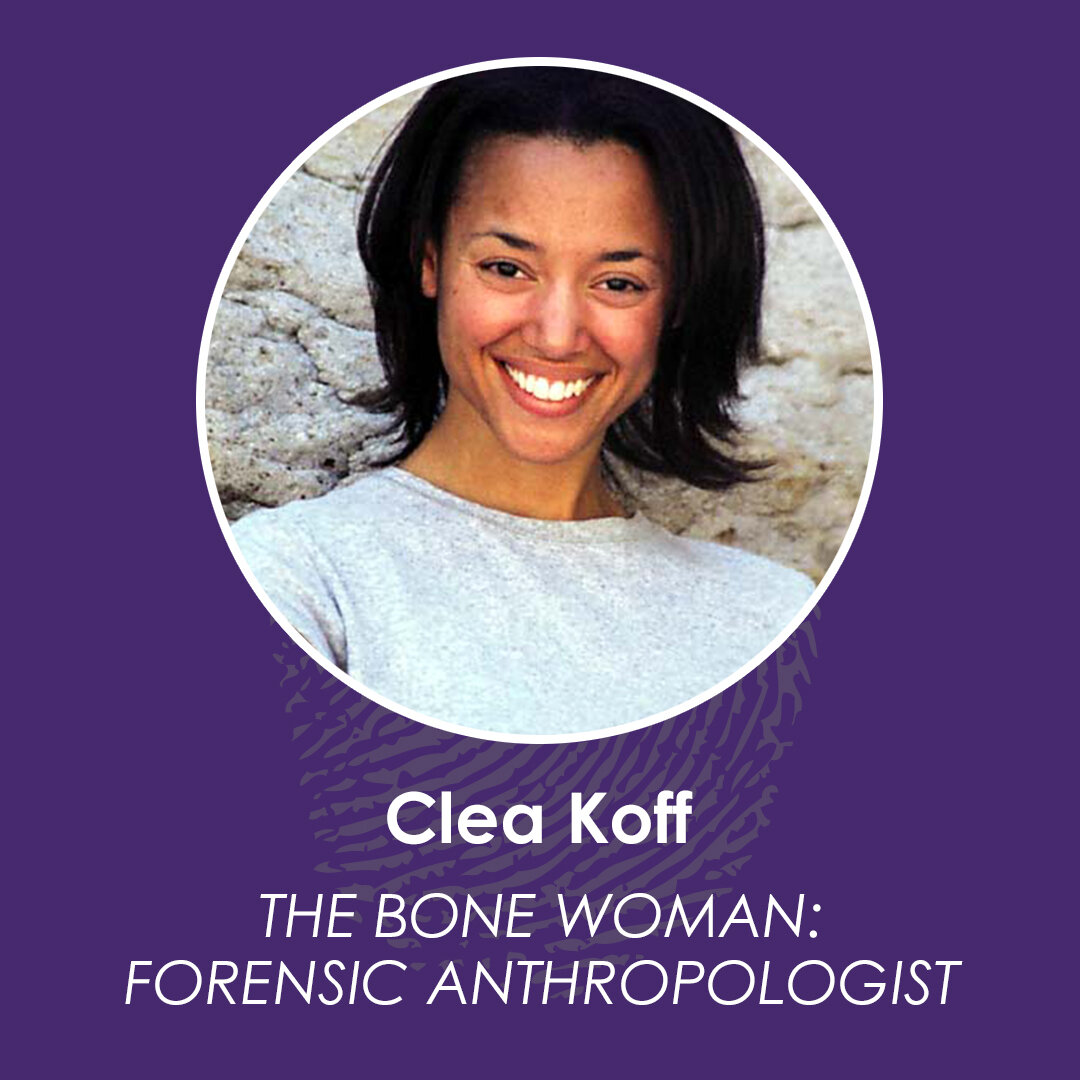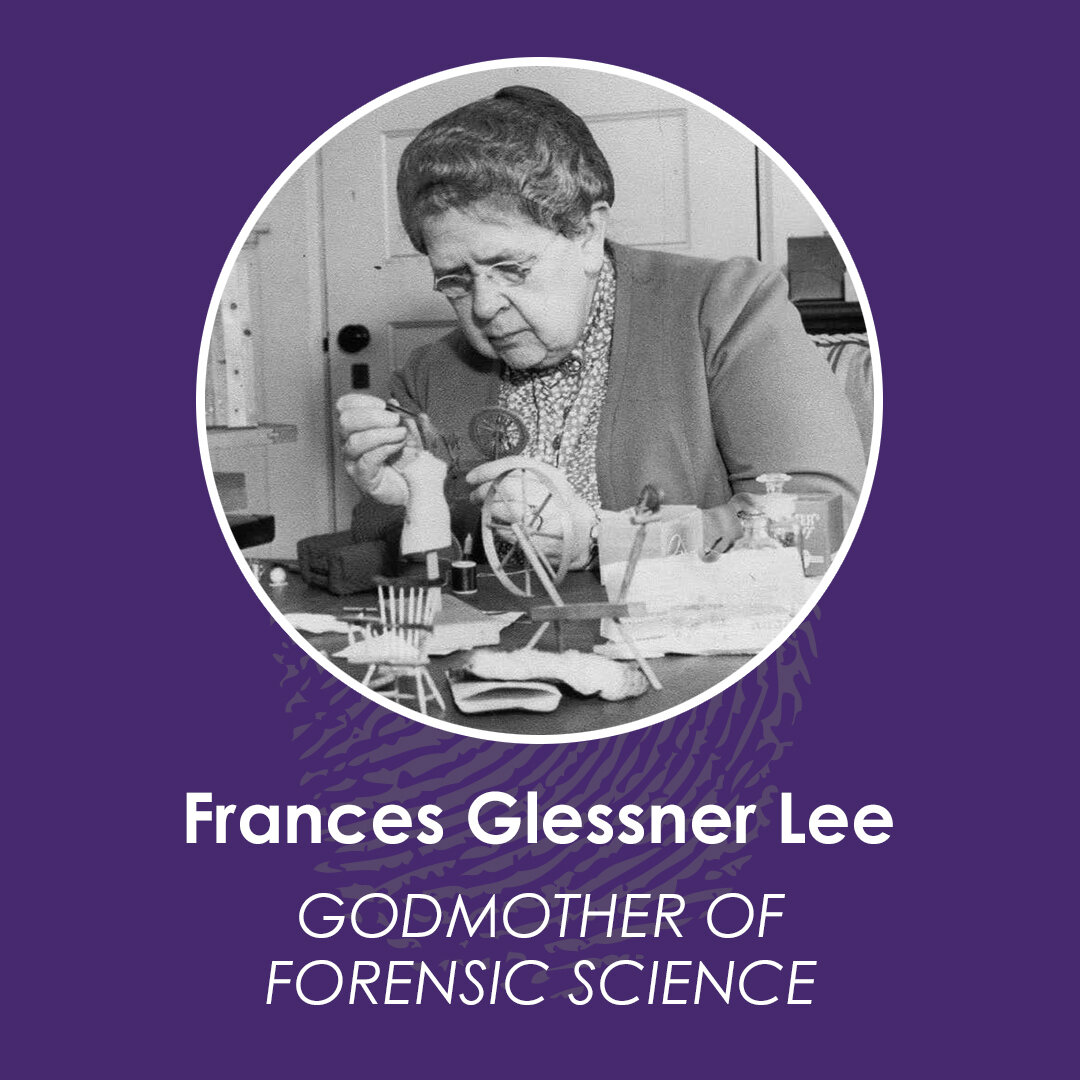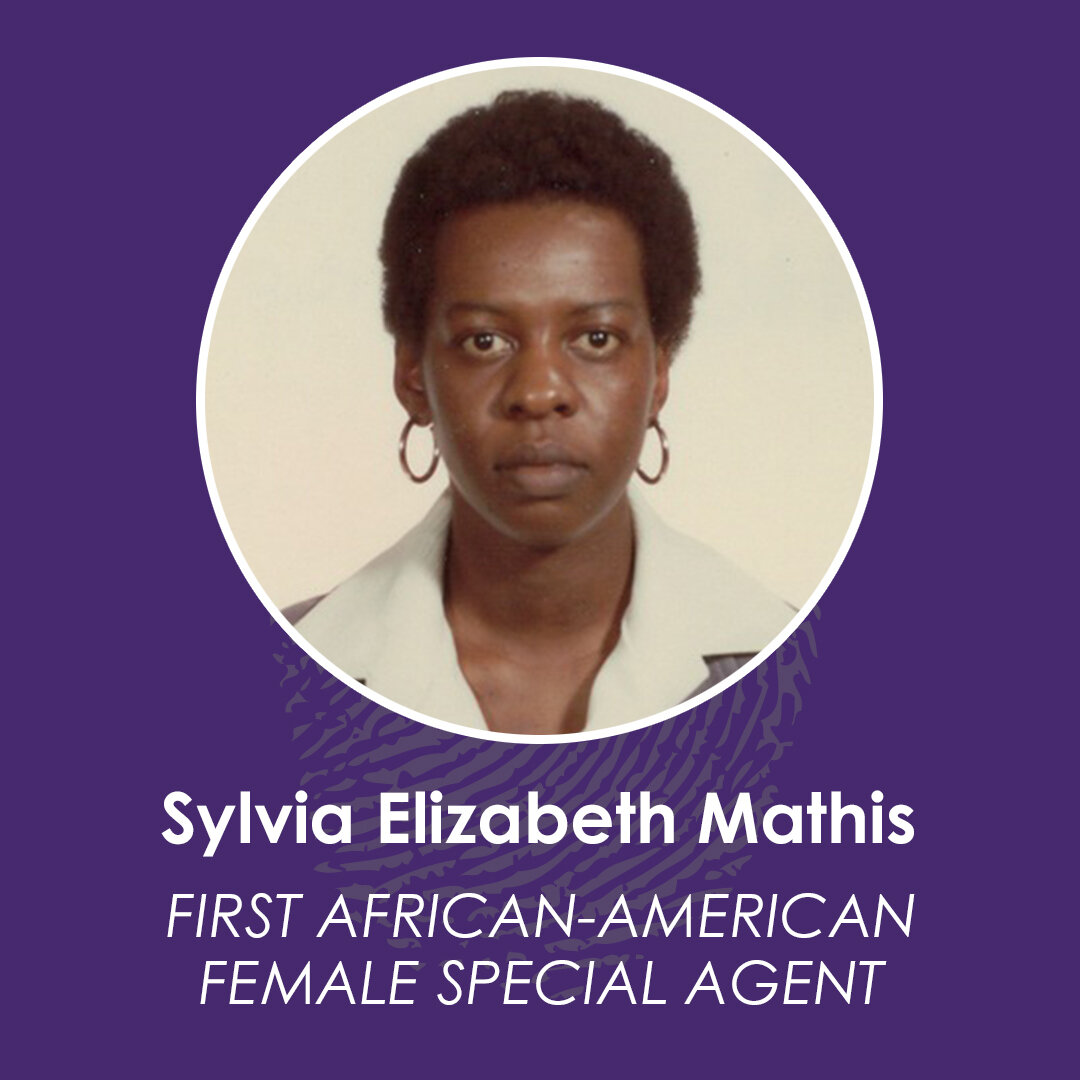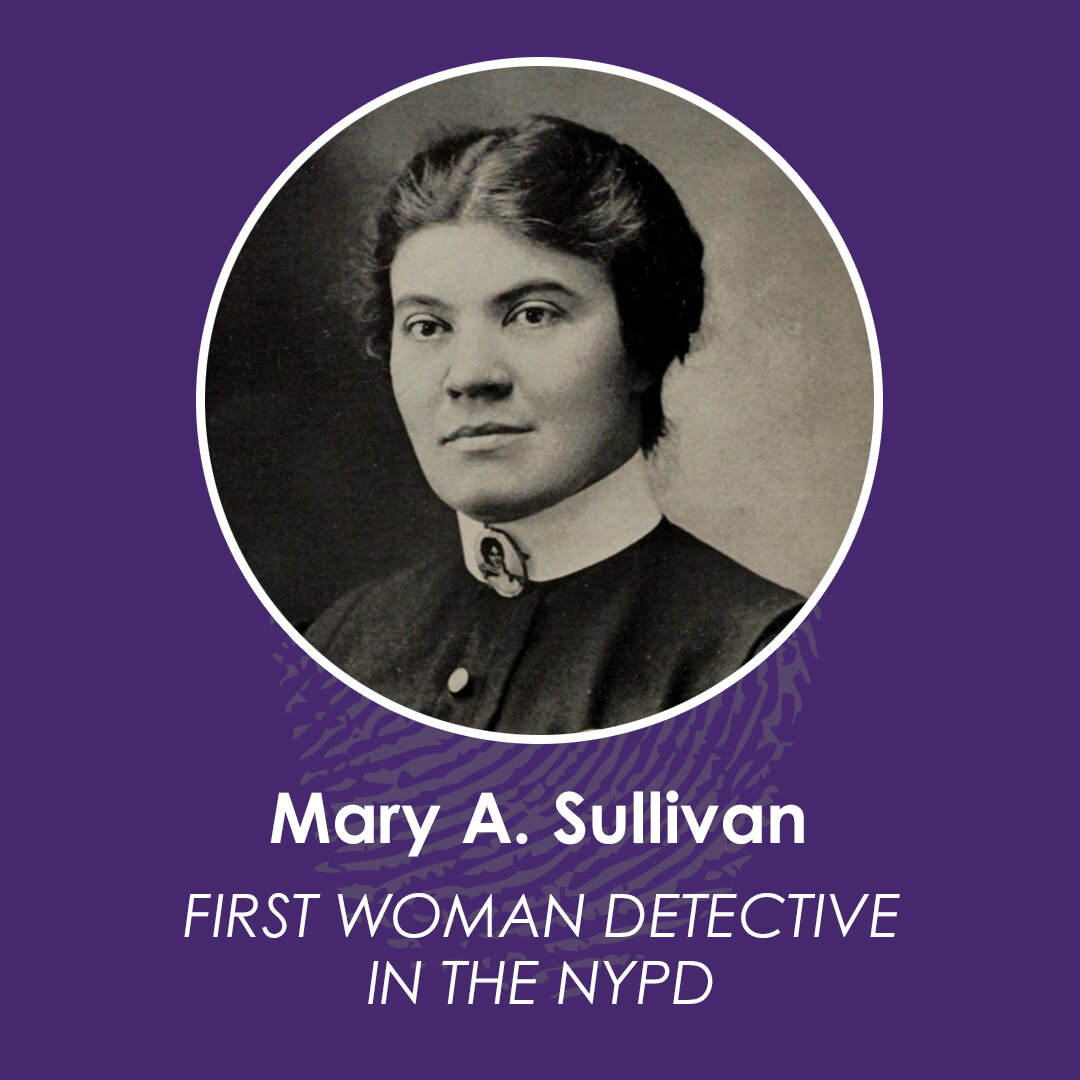It’s International Women’s Day, and we wanted to highlight five women who have made great strides in everything from forensic sciences to criminal profiling. These fields wouldn’t be the same if it hadn’t been for these pioneers whose contributions have likely helped solved thousands of cold cases.


